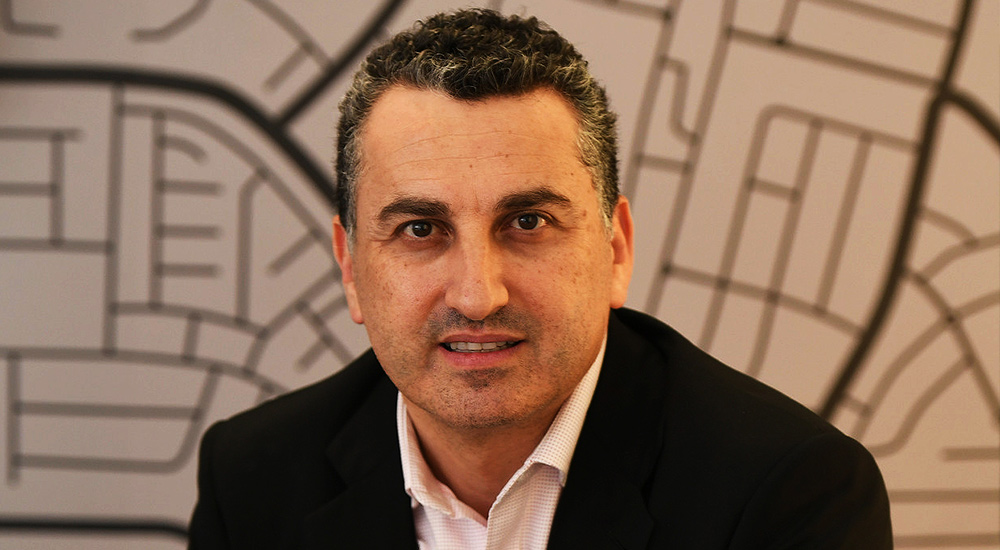Enabling C-suite to drive business transformation

As nascent technologies emerge in the increasingly digital business sphere of today, these are being integrated into businesses to alter processes, streamline tasks, create efficiencies, and boost productivity. Overall, the adoption of new technologies is enabling businesses to provide enhanced solutions to customers and herald in a new era of client-centric offerings.
There is an increasing emphasis for CEOs, Boards, and C-Suites to play an engaging and decisive role in executing transformation strategies bound by new technologies. Understanding and adopting technology and innovation at a business head level is now an imperative aspect of any organisation’s growth and success.
This is why technological professionals such as CTO’s are becoming commonplace at management level to ensure companies can take their growth to the next level.
Technology heads are more pertinent to business transformation than ever before, especially with the democratisation of technology. The necessity of technology heads is also essential due to the rapidly changing technology landscape. It is now more important than ever to have technology leads in charge of defining and executing strategic technology architectures as well as gearing up an organisation’s talent pool.
ICT is a main pillar in the transformation of any business. This is why du has been proactive in establishing a robust C-suite to bolster its mission towards being a renowned technology leader.
du’s vision for facilitating the futuristic visions of the UAE leadership comes as a strategic derivative of the company’s digital-first capabilities and the ability to implement technology of the future. The journey towards digital and business transformation has been in motion for some time.
Establishing a clear and concise digital rhetoric and strategy is imperative to our business transformation journey. The end goal of this is to ensure that, as an organisation, every aspect of our business is on track to enrich the digital customer journey. Digital transformation in the enterprise also requires building an internal culture that is open to adopting a digital mindset.
These factors are boding well for the internal processes of du. The corporate culture is strong largely in part to workforce, technical infrastructure, and clear visions. As a result, du is already beginning to witness efficiencies across the board. The creation of diversified solutions that go beyond our core business of connectivity are also becoming more apparent as new growth opportunities arise.
The future roadmap for digital and business transformation is focused primarily on preparing and improving the technology stack and innovation pillars to deliver experiences to customers across the UAE and beyond.
The proliferation of faster, smarter technology also requires becoming a smarter organisation, which is why du remains committed to maintaining momentum in key strategic areas to enhance pressing transformations such as digitisation and customer experience.
Highlights
- du has been proactive in establishing a robust C-suite to bolster its mission towards being a technology leader.
- CTO’s are becoming commonplace at management level to ensure companies can take growth to the next level.
- Emphasis for CEOs, Boards, C-Suites to play an engaging and decisive role in executing transformation strategies.
- du’s vision comes as strategic derivative of the company’s digital-first capabilities.
- Creation of diversified solutions that go beyond du’s core business of connectivity are also becoming apparent.
- The future roadmap for digital and business transformation is focused on preparing the technology stack and innovation pillars.
By Anthony Shiner, Chief Digital Lifestyle and Innovation Officer, EITC.





